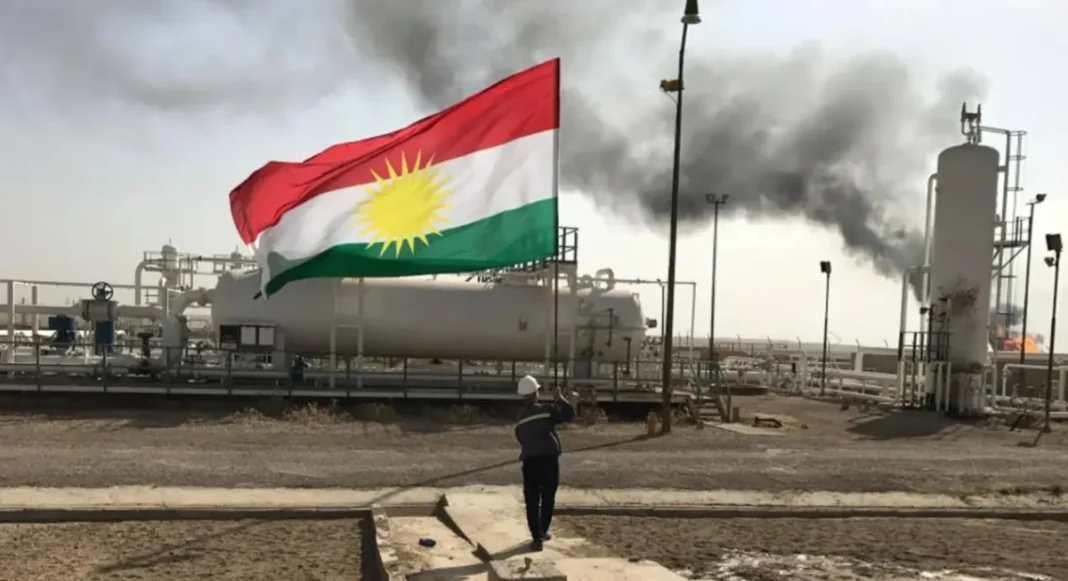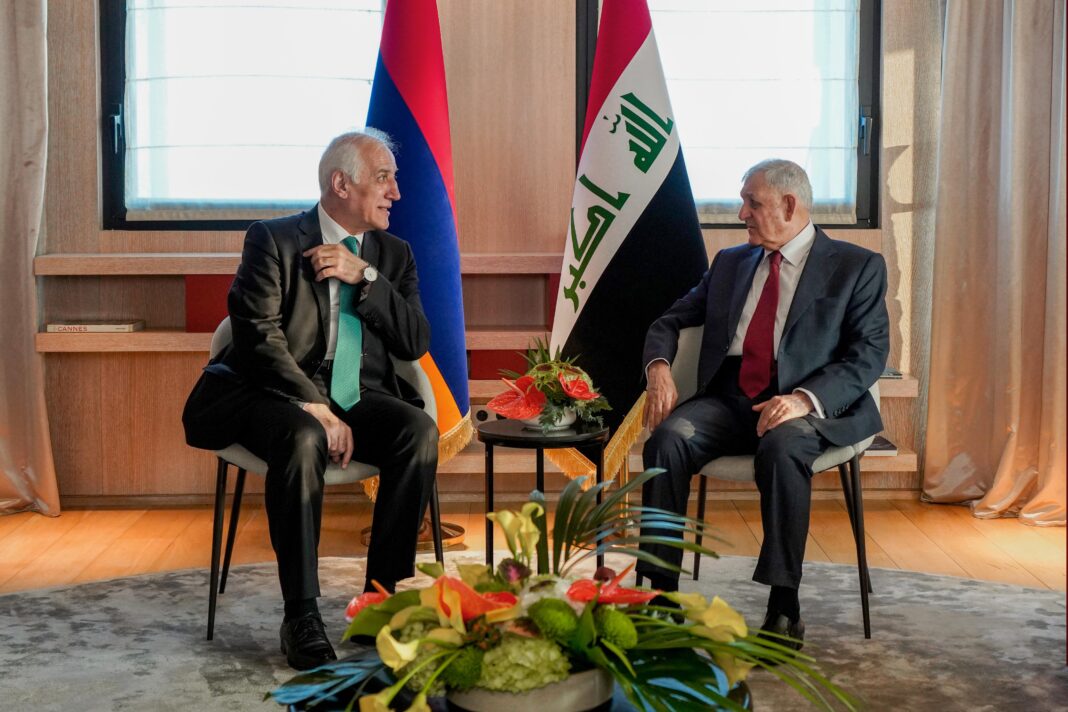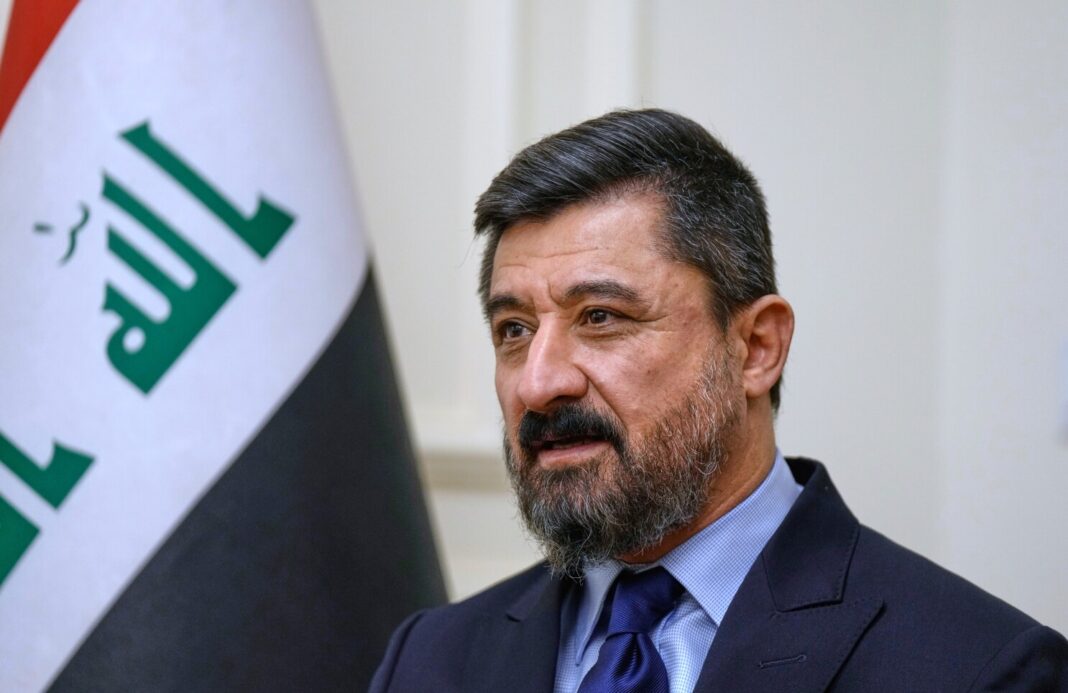Iraq and the Kurdistan Region are close to finalizing an agreement to restart Kurdish oil exports through Turkey’s Ceyhan port. This comes after months of negotiations involving Baghdad, Erbil, and international oil companies.
SOMO Director Ali Nizar confirmed the talks have reached their final stages. He said all sides, including SOMO and the Kurdistan Ministry of Natural Resources, worked hard to build consensus. According to Nizar, international companies also played a vital role in shaping the deal.
“We have a firm mechanism in place,” he stated. “We’re now preparing to begin pumping once all written procedures are complete.” Nizar emphasized that international firms demanded payment guarantees. SOMO has worked to meet this demand by offering financial assurances.
Exports have remained halted since March 25, 2023. The stoppage followed a ruling from the International Chamber of Commerce in Paris. The tribunal found Turkey had violated a 1973 pipeline deal by allowing independent Kurdish exports. As a result, Turkey shut down the Iraq–Turkey pipeline.
This shutdown has cost both Baghdad and Erbil billions in lost revenue. It has also severely impacted foreign oil operators. Many firms have paused operations or scaled back investments in the Kurdistan Region.
One key player, DNO of Norway, said it welcomed progress. However, it will only resume exports under clear terms. The company seeks payment security for past dues and future sales. DNO Executive Chairman Bijan Mossavar-Rahmani highlighted the company’s unique exposure.
“Our unpaid dues are larger than those of other firms,” he said. “We’ve proposed simple solutions that can work quickly.” DNO stressed that contracts with the Kurdistan Regional Government must be honored.
Meanwhile, Iraq’s Oil Minister Hayan Abdul Ghani said Baghdad and Ankara are ready to reopen the pipeline. However, disagreements remain over the internal consumption quota. Baghdad suggests 46,000 barrels per day, while Erbil wants 65,000.
Additionally, Baghdad has proposed a $16-per-barrel payment plan. It also wants an independent auditor to monitor costs and compliance.
Despite the challenges, talks have intensified in recent days. Negotiators from all sides continue to finalize technical and legal details. Officials believe a formal announcement will follow shortly after signatures.
In conclusion, efforts to restart Kurdish oil exports have reached a critical point. The upcoming agreement could stabilize Iraq’s energy sector. If signed soon, it may finally restart Kurdish oil exports after an 18-month shutdown.



